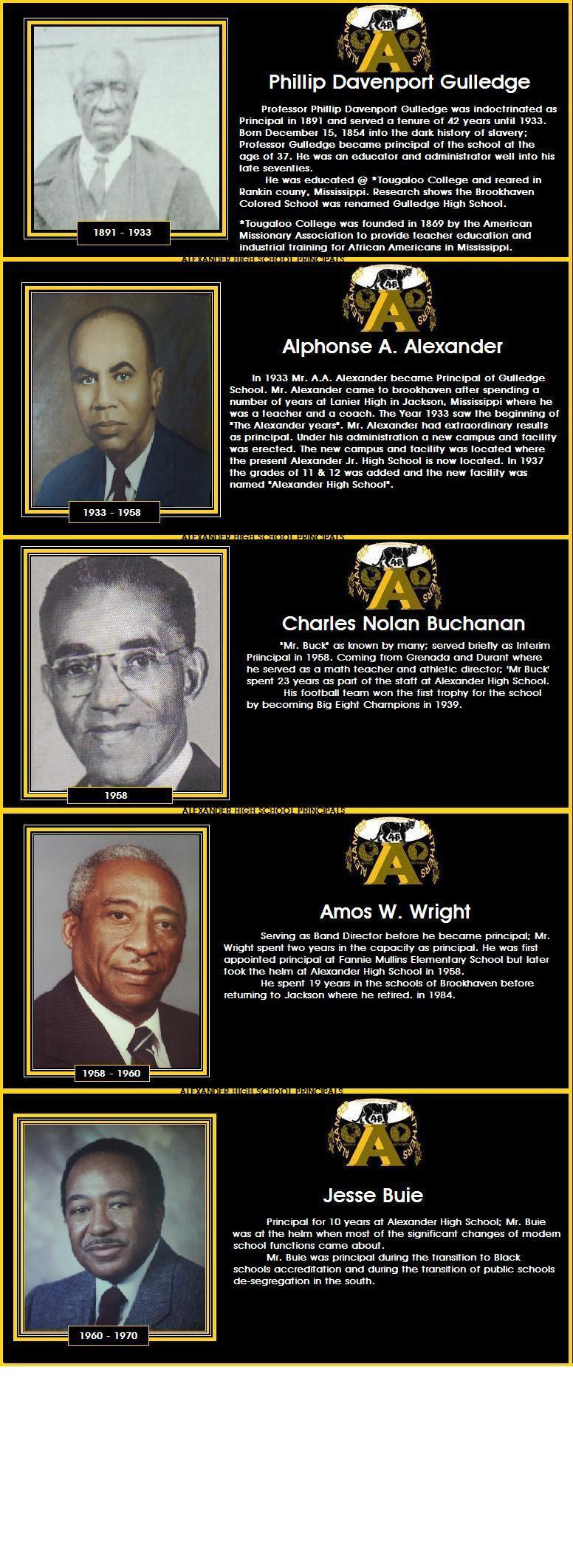Racial school integration Good or Bad?
When integration efforts actually started in Mississippi; white school boards chose, either because of the false impression that black schools were inferior, or because of the desire to integrate without fundamentally changing the racial hierarchy, to adopt integration plans which closed black schools. Either black students were moved into existing whites, or new schools were created, usually adopting the mascots and traditions of old white high schools, to house students. Racist hiring policies in the new integrated schools allowed white administrators to fire respected black educators en masses, removing from schools people who served as important mentors and community leaders. This method of integration left, in all but a few cases, the traditions and history that black teachers and administrators had worked so hard to create literally in the Wasetbasket. Segregated schools, which with community support were able to train black students to navigate through and begin to dismantle the complicated hierarchy of racial oppresion, were destroyed and replaced by white controlled schools which reinforced that hierarchy.
You be the judge. Racial school integration good or bad?
Information on the 1st Principal: Professor Gullage's Slave Narrative
Prof. Phillip Davenport Gullage was born Simpson County Dec. 16th 1854 the community of Gum Springs on plantation of Mr. Will Gullage. At the age of 11 until 1872 he resided in Rankin County. His early education was received in Hazlehurst and Brandon and later attended summer normal schools at Tougaloo, Miss. He began teaching in 1877, at Little Rock, 7 miles from Hazlehurst. In 1891 he came to Brookhaven as Principal of the negro High School which place he held for 42 years. Owing to his advanced age he was replaced by a younger man but since has been teaching an adult class of the W.P.A. program. Gullage has been a very outstanding negro in his line of work. Very instrumental in securing Summer Normals for negroes in Brookhaven.
Slave Narratives - Mississippi - Federal Writers Project

